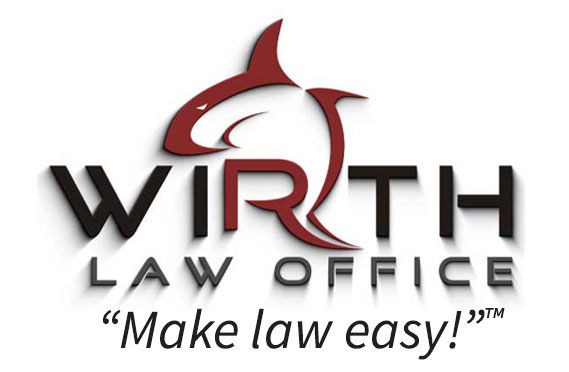Child Custody After a Divorce
 Divorce is a time of great upheaval. Family life changes. Finances change. The location of the family home can change. During the process, issues of child custody, visitation, and child support must be decided. Sometimes, a parent wants to protect their child by getting full custody.
Divorce is a time of great upheaval. Family life changes. Finances change. The location of the family home can change. During the process, issues of child custody, visitation, and child support must be decided. Sometimes, a parent wants to protect their child by getting full custody.
Custody can be full or joint. In joint custody cases, both parents take equal responsibility for their child. In full custody cases, one parent takes on much more responsibility for the child. Full custody can include physical and legal aspects.
Physical aspects revolve around where the child lives and with whom. Legal aspects revolve around who makes major decisions regarding the child. These include medical and educational decisions.
You Must Ask For Full Custody
Custody is determined as part of a divorce proceeding. You must ask the court for full custody in either the petition or response to the petition. Most of the time, when one parent asks for full custody, a battle ensues.
That usually means that the judge will determine who should have custody. When making this determination, judges look to the best interests of the child. It is helpful to understand what this standard means and how judges view it in custody disputes.
Best Interests of the Child
 Children, already vulnerable members of society, become even more so during divorce. Feuding parents do not always look out for their child’s best interests. Therefore, the court takes on this duty.
Children, already vulnerable members of society, become even more so during divorce. Feuding parents do not always look out for their child’s best interests. Therefore, the court takes on this duty.
There is a presumption that children are better off having a continuing relationship with both parents, for the most part. Courts will try to implement a situation that will foster a continuing relationship unless there is a good reason not to. Therefore, in custody disputes, courts are more likely to give custody to whichever parent can ensure that the child will have a continuing relationship with both parents.
Compelling reasons for awarding sole custody to one parent often revolve around issues of abuse. Sometimes, these issues involve substance abuse on the part of the parent. These issues sometimes dovetail with domestic or child abuse.
The court will try to protect a child’s physical, emotional, mental, and moral welfare (Okla. Stat. tit. 43 § 109). In doing so, the court will consider issues of domestic violence, sexual or emotional abuse, and drug or alcohol abuse (Okla. Stat. tit. 43 § 112.2).
These disputes are often messy and can be expensive to litigate. You want to make sure you have an experienced Wagoner divorce attorney on your side.
Getting Full Custody if the Parents Are Unmarried
If the parents are unmarried and a father wants full custody, he must establish paternity first. This can be done either through an Acknowledgment of Paternity signed by both parents or a Petition to Establish Paternity. If the father is successful, then he may file a motion for custody.
This whole process can seem overwhelming if you try to handle this on your own. It is better to have legal help. An experienced child custody attorney can help guide you, draft court documents, and help the judge understand your position clearly.
Initial Strategy Session with a Wagoner Child Custody Attorney
Your children are so important. Get the help you need today to understand how best to handle your situation. Wirth Law Office – Wagoner offers its clients the best possible divorce, child custody, and child support representation in the Wagoner, Oklahoma area at reasonable rates.
We invite you to schedule a initial consultation to discuss what we can do for you. Contact Wirth Law Office – Wagoner at (918) 485-0335 to schedule your low-cost strategy session. You can also fill out the form at the top of the page.







